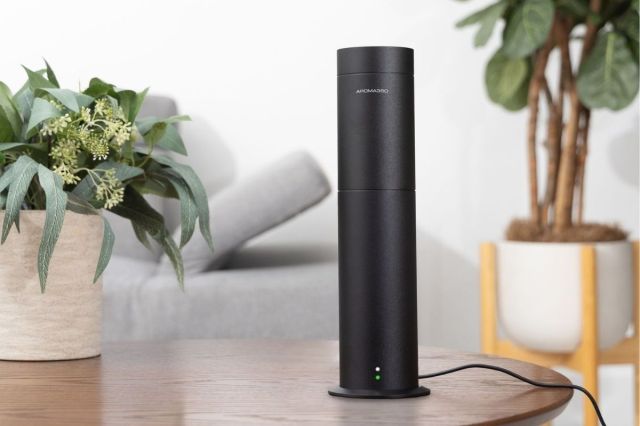You’re sound asleep when a shockingly loud sound cuts through your dream and jolts you awake. But false alarm, there’s no emergency — it’s just your spouse snoring up a storm. Whether you’ve been the victim of someone else’s snores or, even worse, the villain responsible for waking up everyone in earshot, snoring can wreak havoc on your sleep routine. The good news is there are solutions for even the loudest snorers. Here are some simple snoring remedies to help make your nights a little more restful.
All featured products and deals are selected independently and objectively by the author. Better Report may receive a share of sales via affiliate links in content.

Don’t Sleep on Your Back
People who sleep on their backs are likelier to snore than side or stomach sleepers. When you sleep on your back, gravity pulls your tongue toward the back of your throat, blocking it and producing loud snoring. If you’re worried about ending up on your back in the middle of the night, we have a solution: Attach a tennis ball to the back of your shirt. The discomfort of trying to sleep on your back will encourage you to roll onto your side or stomach. A less obtrusive option is to wedge a small pillow back there to prevent you from rolling.

Clean Your Pillows
Allergies significantly contribute to nasal congestion, and the culprit might be in your bedroom. Over time, pillows get incredibly dirty from sweat, saliva, dead skin, pet hair, and dust, triggering allergic reactions, congestion, and eventually obstruction. Wash your pillowcases every one to two weeks and replace your pillows every two years to prevent allergens from building up.

Stay Hydrated
Dehydration causes smooth tissues to stick together and dries out mucus membranes, causing more snoring and hurting your throat. Experts recommend drinking roughly 3 liters of water daily to stay hydrated and avoid alcohol, which causes muscle relaxation in the mouth and throat. You can also set up a humidifier in your bedroom to soothe your inflamed throat and airways.
Reader Favorites

Practice Mouth Exercises
While there are no gyms dedicated to working out your mouth muscles, exercise can build the strong mouth muscles critical for reducing snoring. Tongue aerobics help strengthen your mouth’s most flexible muscle over time, while facial exercises like cheek hooks help firm up sagging mouth muscles. Singing is also a great way to strengthen the diaphragm and create greater control over the major parts of your body that produce sound.

Elevate Your Head
Never allow yourself to sleep flat if you snore. Sleeping with your head at a slight upward incline opens up the airways in your throat by keeping your tongue from obstructing airflow, helping you have a more restful, quiet night. A slanted wedge pillow can keep your head higher than your shoulders without sacrificing comfort, but you can also use bed risers to create a slight incline at the head of your bed.

Wear a Nasal Strip
Narrow or blocked nasal passages lead to heavy mouth breathing and snoring. Basic nasal strips are a great solution to this problem. Nasal strips widen your nostrils and open your airways so you can breathe more easily as you sleep. These strips come in various strengths and sizes, so tinker with the options in the box to find what works best for your needs.
Featured Image Credit: Jacob Wackerhausen/ iStock
More From Our Network
Better Report is part of Inbox Studio, an email-first media company. *Indicates a third-party property.

















